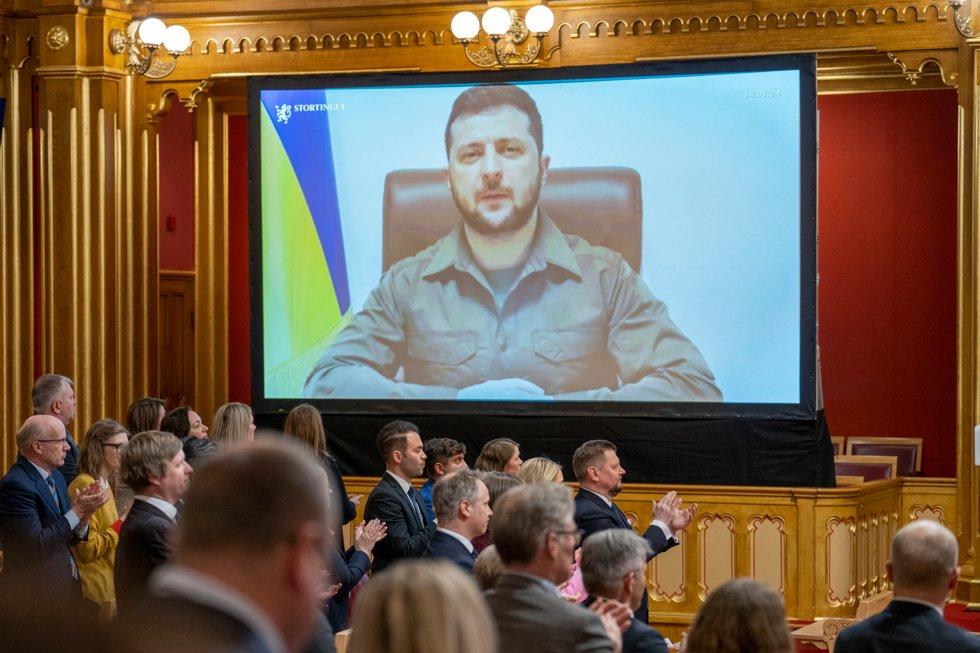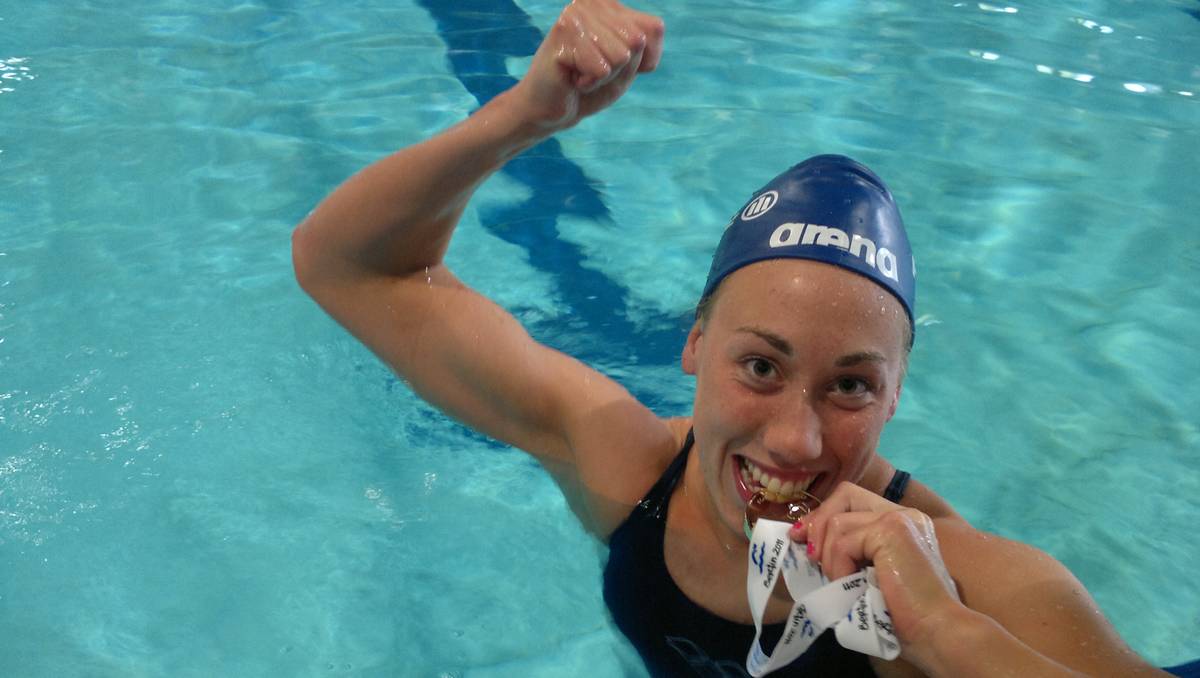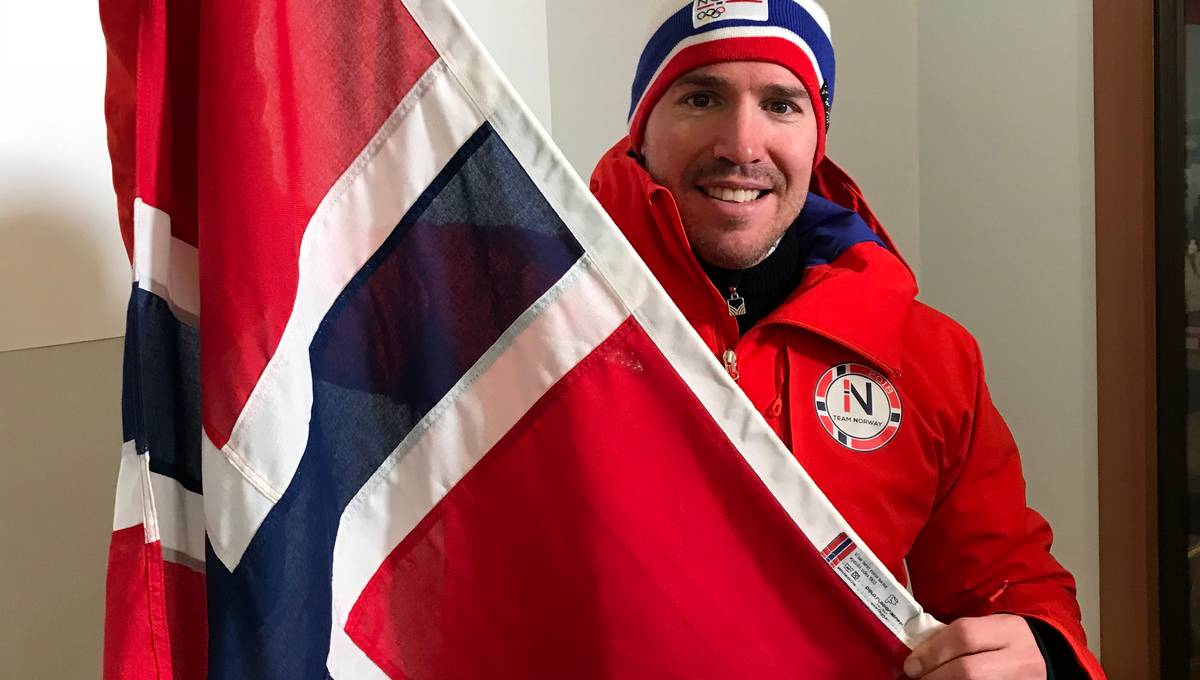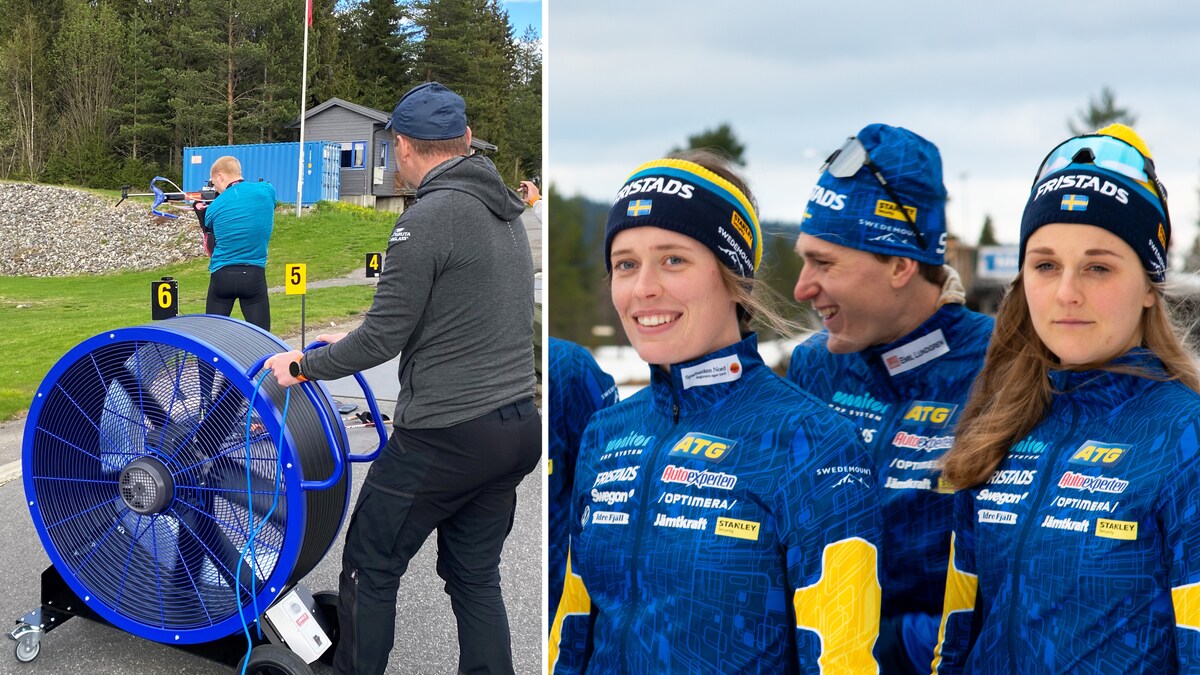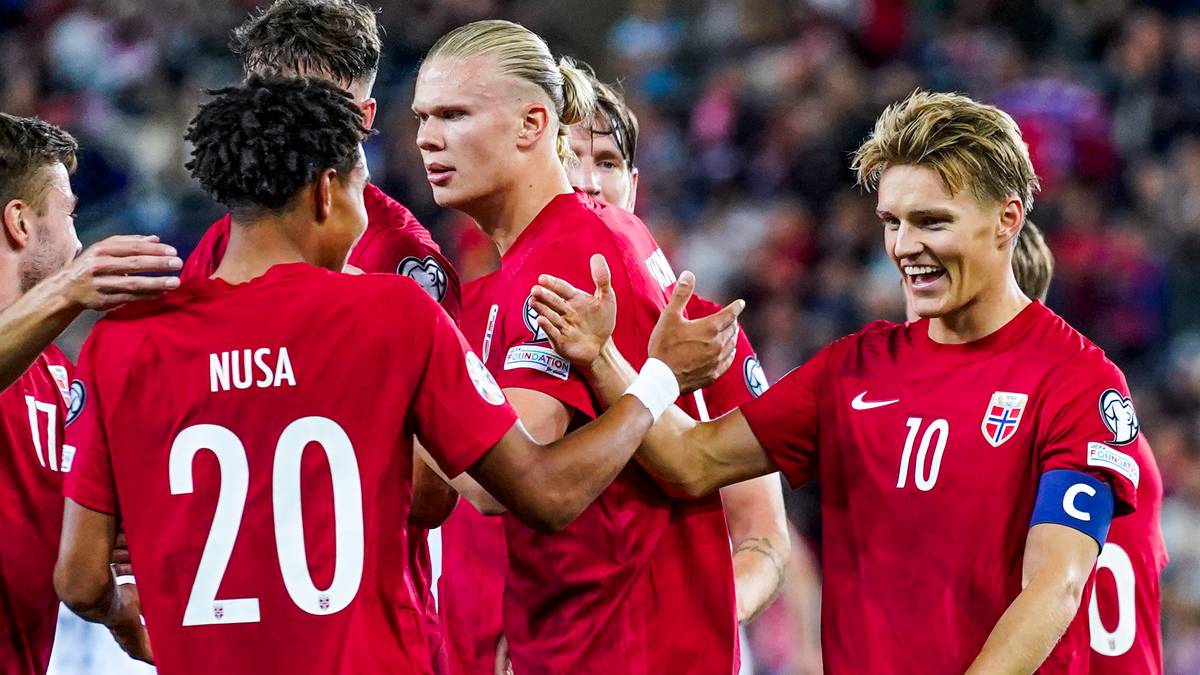The recommendations from the finance committee were ready by Thursday. It said the government received support for its main line of proposals from all parties in Storting.
– It is a strength for Norway that Storting in times of crisis is rallying behind the government’s proposals to deal with the consequences of war in Europe. It is imperative that we now receive refugees in a good manner, strengthen defense and emergency preparedness, said spokesman Geir Pollestad (Sp).
The government proposed measures totaling NOK 14.4 billion. Of this amount, NOK 10.7 billion will be used for the reception of Ukrainian refugees in Norway. This means, among other things, more money for asylum reception centers, police, integration grants, rental housing and settlements in municipalities.
In addition, TNI and civilian and military preparedness will be strengthened by NOK 3.5 billion. Money is also set aside to compensate the business community for sanctions against Russia, especially in eastern Finland.
Where the money will be taken, the government will return to the APBN-P. The proposed budget will be submitted on 12 May.
More for shelters and children
SV also got the majority to expand the package at some point. :
* Children’s skills in asylum acceptance will be strengthened.
* Improved staff at the shelter.
* More money for loan centers where you can borrow equipment for sports and recreational activities for free.
It was important to include changes because there are an unusually large proportion of women and children among the refugees, said SV fiscal policy spokeswoman Kari Elisabeth Kaski.
– We’ve seen that when it comes to shelters, you’re already seeing an increase in pressure. And at receptions, which now accept many children, there are too few employees, Kaski told NTB.
– Riding mode
Conservatives don’t support enlargement. The party had previously announced that it was willing to support the government’s proposal as it stands, but warned against entering into a “bidding cycle” with other parties.
– It’s a shame that they don’t want to be a part of it, but instead talk to SV and promise more money, said Conservative fiscal policy spokeswoman Tina Bru.
– We cannot treat a crisis package as an ordinary budget where all parties have to negotiate their mode of providing support for an absolutely necessary increase in spending. There’s a big difference between what we should spend money on, and what it would be nice to spend money on, he said.
Aid debate continues
As for where the money will come from, that is the next stage when the government submits the APBN-P proposal. Several parties – KrF, SV and MDG opposed the government to collect some funds from the development aid budget. However, the proposal to exclude development assistance did not receive any proposals.
KrF calls it anti-social. The argument that increased spending means the risk that interest rates will rise here at home doesn’t hold true, said fiscal policy spokesman Kjell Ingolf Ropstad.
– Extraordinary state revenues should be used to finance the increased costs of accepting refugees from Ukraine. Continuing to provide assistance to the world’s poorest will not lead to an increase in domestic inflation. If Norway, which has benefited greatly from the war, can’t resist cutting aid to cover the costs of refugees, then who else? she says.

“Infuriatingly humble coffee guru. Travel practitioner. Freelance zombie fanatic. Certified problem solver. Food scholar. Student.”

